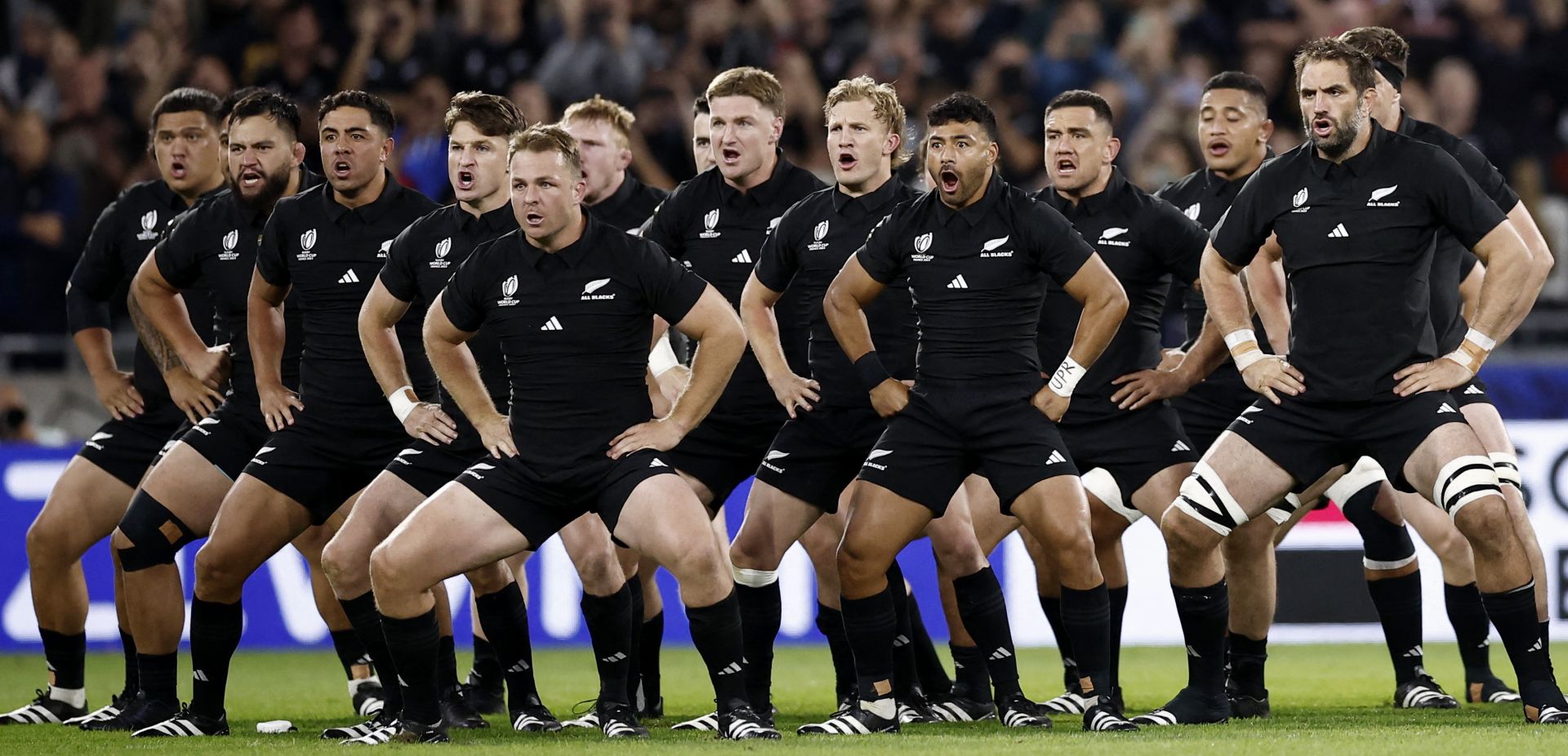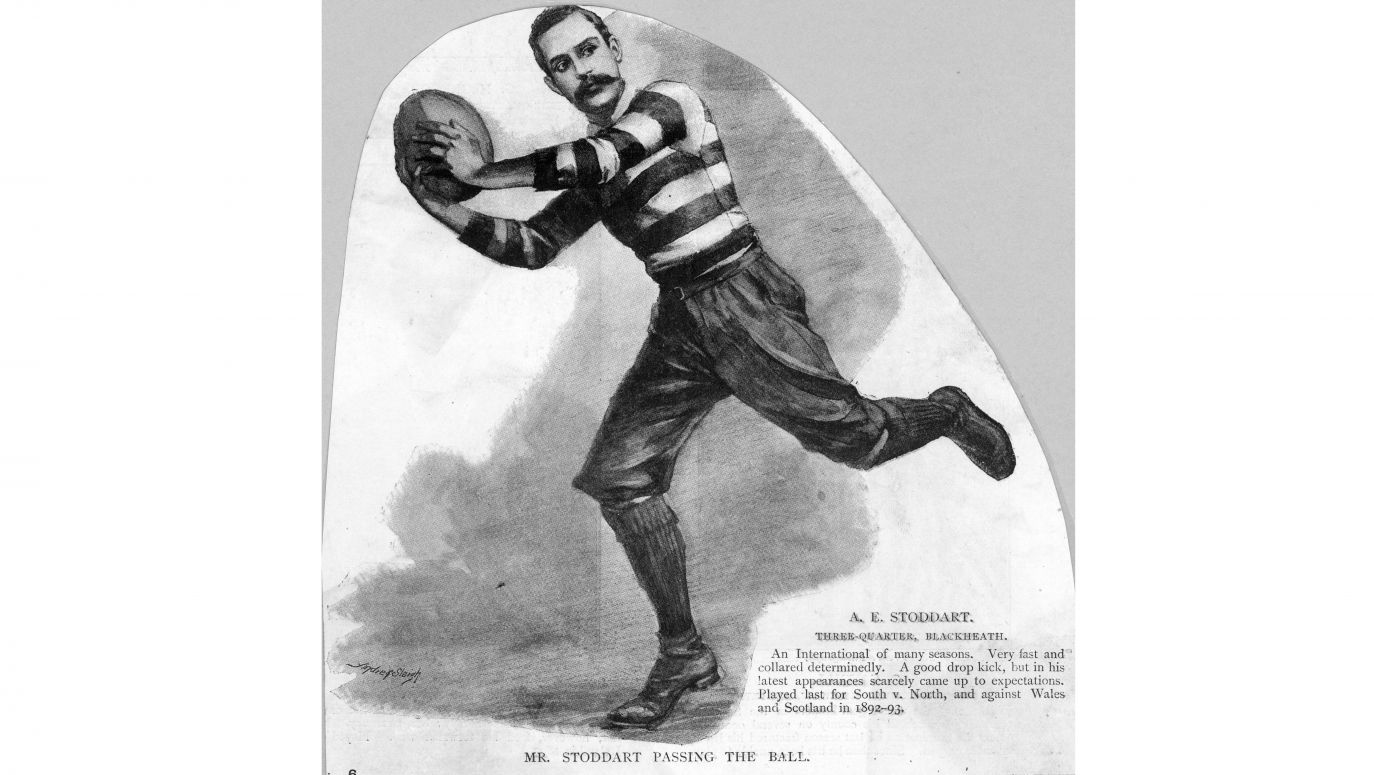At the beginning of the 20th century, fifteen-a-side rugby was introduced at the Olympics. But in the end it was considered a failure and the idea was withdrawn. Rugby requires enormous physical effort from players, and teams need about a week to regenerate. Therefore, it is impossible to organise a tournament with many teams in a short period of time - and the Olympics last only 2-3 weeks.
It's different with rugby sevens: the game is fast, matches last several minutes, and the entire tournament can be played in one day. Moreover, this variety is popular among women, which is not without significance in the modern world. Rugby seven has entered the Olympic program and it seems it’s here to stay. All the more so because countries that do not stand out in other disciplines are successful here. Fiji players have won the Games twice, as rugby is the national sport of many countries in the Antipodes. Rugby is a sport where Europe and America have not dominated the rest of the world so much. South African players have been world champions three times. New Zealand won three times. Australia twice. And only once, a team from Europe – England, in 2003.
 SIGN UP TO OUR PAGE
SIGN UP TO OUR PAGE 
The World Cup competition was held for the first time in 1987. Why so late? One of the reasons for this situation was the structure of the sport. For many years it was an amateur sport, and professionalism entered slowly through a side door. Finally, in the 1980s, appropriate changes were made and focus was placed on the development of rugby. The result is that today, next to the FIFA World Cup and the Olympic Games, rugby tournaments are among the most watched television broadcasts worldwide.
Rugby and apartheid
Undoubtedly, one of the obstacles of the development of rugby was apartheid in South Africa and Rhodesia (today Namibia), and these countries have always been at the forefront of this sport. Many years ago, the BBC television series "Beloved Country" filmed an episode titled "Black Men Bite". The action takes place in 1993, when "white" teams began to compete with "black" teams for the first time to overcome racial divisions. We watch these events from the perspective of the "white" team, whose leadership initiated these actions.
At one point, the players on the bus hear an announcement about murder of the Black South African communist Chris Hani. Black protests break out in South Africa. Despite the hesitations, the decision is made to continue the competition. It's boiling around the stadiums, it's boiling in the stands and it's boiling on the pitch itself. The game is becoming brutal. There are lynchings against the white population throughout the country.
The film records an unusual telephone conversation during which the coach of the "white" team exchanges information about which of his friends were injured in the riots. The interlocutors assure that in the event of a threat, they are ready to defend themselves in their homes, and on the other hand, they are sure that there’s no point of stopping the games now.


 SIGN UP TO OUR PAGE
SIGN UP TO OUR PAGE 





